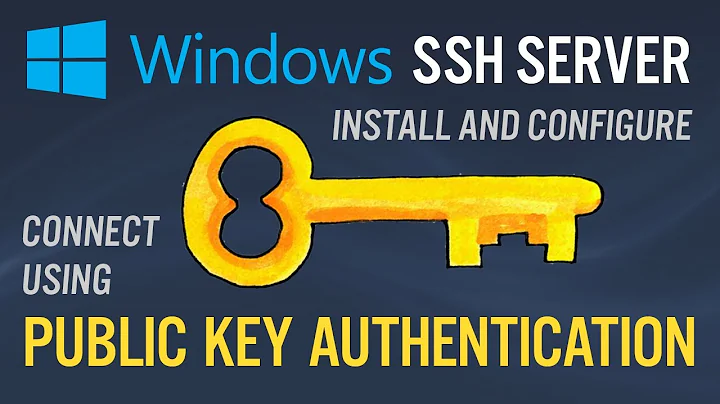Protect Your Credit Card Information from Hackers!
Table of Contents
- Introduction
- Should We Store Credit Card Information in E-Commerce Sites?
- How E-Commerce Sites Store Credit Card Information
- Encryption vs. Plain Text Storage
- Risks of Storing Credit Card Information
- Potential Loopholes for Hackers
- Access to Personally Identifiable Information
- The Increasing Digitization of Companies
- Enabling Shopping Cart and Payment Gateway Features
- Tutorial: Web Goat and Vulnerable Web Applications
- Understanding Structured Query Language (SQL)
- Working with Databases and SQL Injection
- Challenges with SQL Injection on E-Commerce Sites
- Input Sanitization and Payload Validation
- Using Tools like SQLMap and Burp Suite for SQL Injection Attacks
- Exploring Web Services in Web Goat
- Utilizing Simple Object Access Protocol (SOAP) for Data Retrieval
- Demonstrating SQL Injection on Web Services
- Conclusion
- Frequently Asked Questions (FAQs)
Should We Store Credit Card Information in E-Commerce Sites?
In today's digital age, the question of whether we should store credit card information in e-commerce sites has become increasingly relevant. On one hand, saving credit card details brings about a lot of convenience for online shoppers. With a single click, you can purchase products without the hassle of entering your information repeatedly. However, this convenience comes with a significant trade-off in security.
E-commerce sites store credit card information using various methods. The most secure approach involves using strong encryption techniques to protect sensitive data. In contrast, some sites may store credit card details in plain text, leaving them vulnerable to hacking attempts. Unfortunately, as users, we often have no way of knowing how our data is being stored by these companies.
The risks associated with storing credit card information are significant. Hackers constantly search for loopholes in e-commerce websites, mobile apps, and web services, targeting the stored personally identifiable information, including credit card details. A single vulnerability in the application server can allow hackers to bypass security mechanisms and gain access to all stored data. As more companies embrace digital transformations and enable shopping cart features and payment gateways, the risk of such attacks continues to rise.
To demonstrate the potential dangers of storing credit card information, we'll explore a tutorial using Web Goat, a vulnerable web application system. We'll focus on SQL injection, a common hacking technique, and examine the challenges of performing SQL injection attacks on e-commerce sites. Additionally, we'll discuss tools like SQLMap and Burp Suite that can aid in running these attacks.
Overall, it is critical for individuals to understand the risks associated with storing credit card information in e-commerce sites. While convenience is undoubtedly appealing, it is essential to prioritize security and consider the potential ramifications of a security breach. By staying vigilant and making informed choices, we can better protect ourselves in an increasingly digital world.
Frequently Asked Questions (FAQs)
-
Is it safe to store credit card information in e-commerce sites?
- Storing credit card information in e-commerce sites can pose significant security risks. It is crucial to assess the site's security measures, such as encryption protocols, before deciding to store your credit card details.
-
How do e-commerce sites store credit card information?
- E-commerce sites use various methods to store credit card details. Secure sites employ strong encryption techniques, while less secure ones may store information in plain text, making it vulnerable to hackers.
-
What are the risks of storing credit card information?
- Storing credit card information can expose users to the potential for data breaches. Hackers can exploit vulnerabilities in the website or web services to gain access to sensitive information.
-
Are there tools available for testing the security of e-commerce sites?
- Yes, tools like SQLMap and Burp Suite can be used to test the security of e-commerce sites and perform SQL injection attacks, helping identify vulnerabilities before they are exploited by hackers.
-
How can individuals protect themselves from data breaches?
- To protect themselves, individuals should prioritize strong passwords, enable two-factor authentication, monitor their financial statements regularly, and only provide credit card information on secure sites with trusted encryption measures.
 WHY YOU SHOULD CHOOSE SaasVideoReviews
WHY YOU SHOULD CHOOSE SaasVideoReviews







